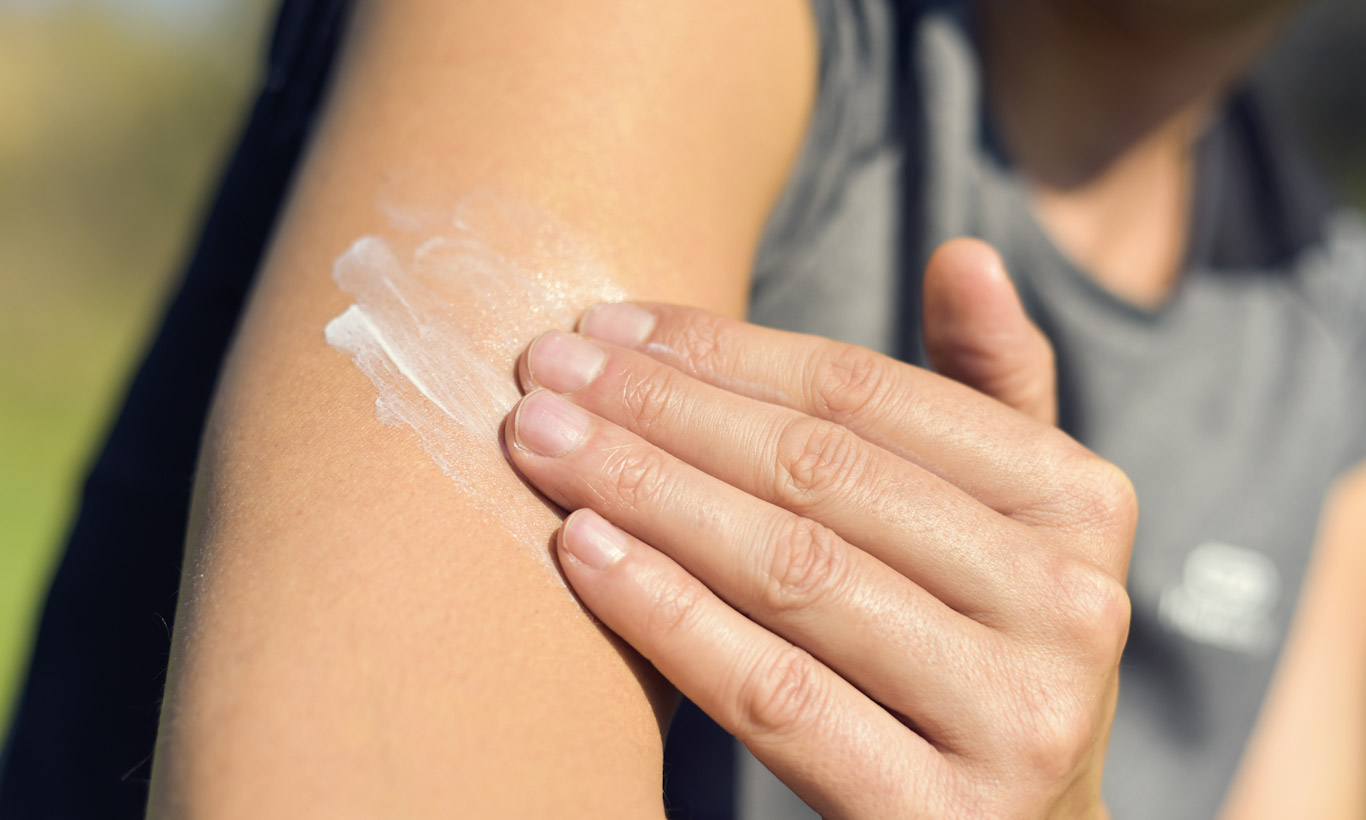A YouGov survey commissioned in April 2023 by at-work skin care, cleaning & hygiene solutions provider SC Johnson Professional has found that 30% of outdoor workers[1] never apply UV protection cream whilst at work. This is despite the fact that those who work outdoors have a higher than average risk of developing skin cancer[2]. A third (34%) of these respondents claimed that nothing would encourage them to do so, illustrating the scale of the challenge faced by employers.
The findings build on SC Johnson Professional’s previous research into attitudes towards UV protection at work, of both those who work outdoors as well as decision makers and health and safety managers in relevant sectors. In this most recent research, SC Johnson Professional commissioned YouGov to survey a representative sample of workers in the UK, with a total of 558 people who regularly worked outdoors responding, to delve into the ‘why’ behind the attitudes – looking into the reasons for the lack of use of UV protection at work.
In this latest survey, a third of those who never use UV protection at work said that they didn’t think it was necessary. In SC Johnson Professional’s 2020 survey of 114 UK health and safety officials, 30% of these decision makers also said that they believed the reason for lack of UV protection usage was due to a general belief that this type of protection at work in the UK is unnecessary. Further to this, 28% stated that they don’t burn easily in the sun, citing this as their reason for never using UV protection.
Once the UV index reaches 3 or above it is advised that sun protection measures are taken[3]. During the summer months in the UK, the UV index regularly exceeds this level, and according to the Met Office, UV rays can be strong enough to cause sunburn in the UK between April to September[4]. As well as this, 80% of UVA rays pass through clouds[5].
Further to this, the Health and Safety at Work Act states that there is a legal duty on every employer to ensure, as far as reasonably practical, the health of their employees[6]. The Management of Health and Work Regulations also requires the employer to conduct a suitable assessment of the risks to the health of their workforce, including those risks from UV radiation[7]. However, this latest research found that 16% of those who never use sun protection at work said this was because it wasn’t provided by their employer. Having this protection provided by their workplace was cited by almost a quarter (24%) as something that would encourage them to use UV protection – and more than a fifth (22%) also stated that having sun protection cream accessible when needed would encourage usage.
When looking into product, the survey also asked outdoor workers who do use sun protection creams, what the most important thing was when it came to sun protection cream itself. Over half (54%) said that they prioritised high UV protection, 47% said that they prefer a non-greasy product, and a third said that they placed importance on it being water resistant.
Significantly, the research found that, of those who never apply sun protection cream at work, over a third (34%) state that nothing would encourage them to do so. However, nearly two thirds (61%) of those who work outdoors agreed that understanding the effects of UV damage encourages them to use sun protection cream at work. Further to this, when comparing responses from those who work outside more than 25% of the time with those who spend more than half their working time outdoors, our survey found little difference between attitudes towards UV protection.
It is advised that, once the UV index reaches 3 or above, sun protection measures should be taken[8]. During the summer months in the UK, the UV index regularly exceeds this level, and according to the Met Office, UV rays can be strong enough to cause sunburn in the UK between April to September[9]. As well as this, 80% of UVA rays pass through clouds[10]. UV protection is recommended and required during this 6 month period in the UK – according to SC Johnson Professional, more awareness is needed to encourage those who work outdoors to use it.
Find out more about SC Johnson Professional’s free education resources and product range here.
All figures, unless otherwise stated, are from YouGov Plc. Total sample size was 4435 adults, of whom 558 were outdoor workers. Fieldwork was undertaken between 14th – 18th April 2023. The survey was carried out online. The figures have been weighted and are representative of all UK adults aged 18+.
[1] For the purposes of the research, an ‘outdoor worker’ was defined as someone in full or part-time work, who spends more than 25% of their time at work outdoors.
[2]https://www.ncbi.nlm.nih.gov/pmc/articles/PMC6130134/#:~:text=The%20main%20findings%20were%20that,significantly%20associated%20with%20G3%20cancers
[3] https://www.skcin.org/downloads/SkcinBooklet2020.pdf
[4] https://www.metoffice.gov.uk/weather/learn-about/weather/types-of-weather/temperature/uv-levels
[5] www.notimetolose.org.uk/wp-content/uploads/2018/03/POL2720-SOLAR-FACTSHEET-WEB.pdf
[6] https://www.tuc.org.uk/sites/default/files/extras/skincancer.pdf
[7] https://www.tuc.org.uk/sites/default/files/extras/skincancer.pdf
[8] https://www.skcin.org/downloads/SkcinBooklet2020.pdf
[9] https://www.metoffice.gov.uk/weather/learn-about/weather/types-of-weather/temperature/uv-levels
[10] www.notimetolose.org.uk/wp-content/uploads/2018/03/POL2720-SOLAR-FACTSHEET-WEB.pdf


